How To Avoid Drinking Toxic Tea
Written by:
Maia James
12/06/2023
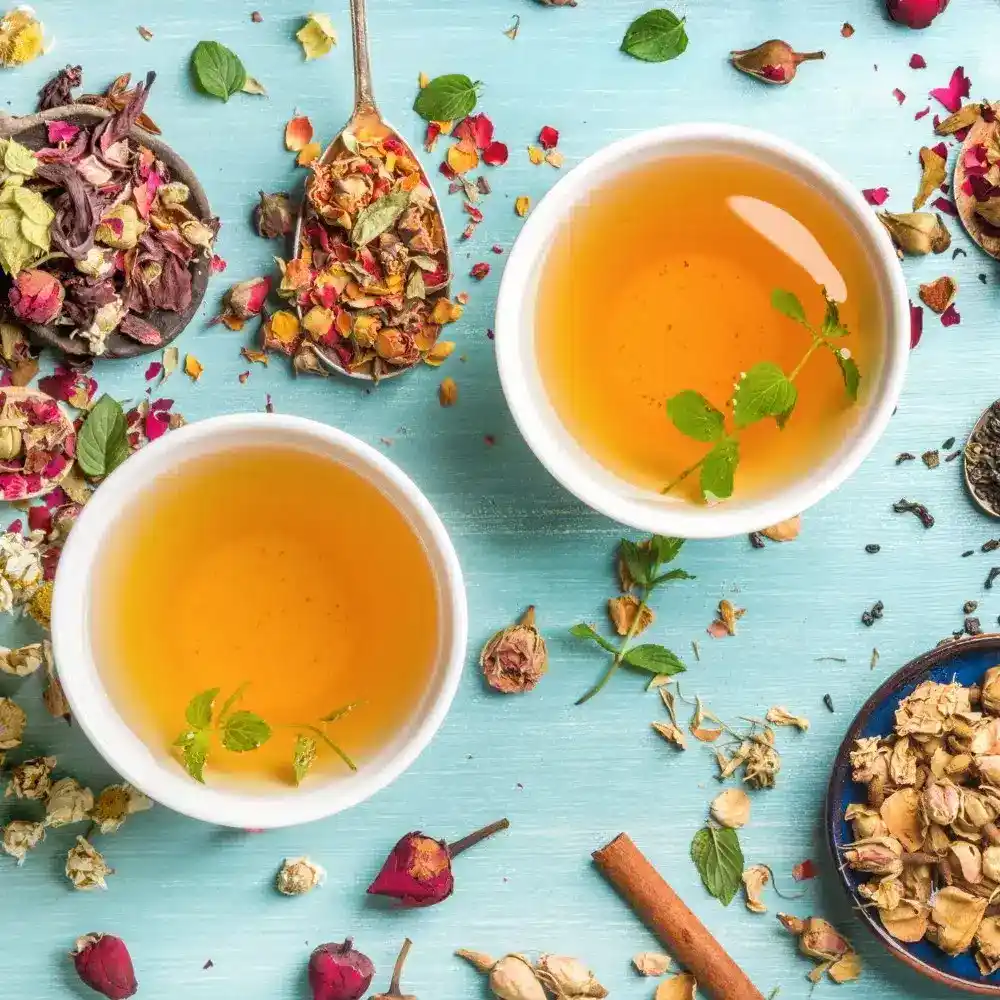
Updated: 02/17/2024
Looking for a different guide? Browse them all HERE.
A couple of years ago there was a flurry of headlines about micro-plastic contamination in high-end tea bags. I’m a big tea drinker (on my third cup of Jasmine Green from Pique as we speak!), so this is something I wanted to research when I read it.
After investigating tea, I have good and bad news. The bad news is that yes, there are toxins in tea, but the good news is there a plenty of clean tea brands.
What Are the Sources of Toxins in Tea?
Unfortunately, there a bunch of ways that toxins end up in your morning cup of tea. What follows are the ones I am most worried about.
- Paper tea bags can be a problem because of a chemical called epichlorohydrin, which is used to keep the bags from breaking. Epichlorohydrin will leach when exposed to hot water, and is a potential carcinogen and reproductive toxin. (Many paper coffee filters will also be treated with this chemical, by the way, which is why we recommend stainless steel filters.)
- Those silky fancier tea bags (called satchets) pose a different risk, which is what has made the news These bags are made of either rayon, thermoplastic, polypropylene, or, most commonly, polyethylene terephthalate (PET). PET is considered a safe plastic, with a high melting point. However, PET’s “glass transition” temperature (the temperature at which the material starts to break down) is less than 170 degrees–and boiling water is 212 degrees. So it’s really not surprising at all that the plastic in these bags leaches into the tea!
- Tea bags that are made of polylactic acid, which is derived from corn starch, should also be avoided. Polylactic acid is still a plastic of sorts that lacks any safety studies.
- There is also the issue of toxins in the tea itself, with reports showing unsafe pesticide levels in tea that’s imported from China. Heavy metals from contaminated soil (including lead, aluminum, arsenic, and cadmium) may be present in both organic and conventional teas. Although the lead levels are below the action level for public drinking water, steeping tea for less time will not allow the transfer of heavy metals and is thus a good safety precaution.
My all time favorite tea for health benefits
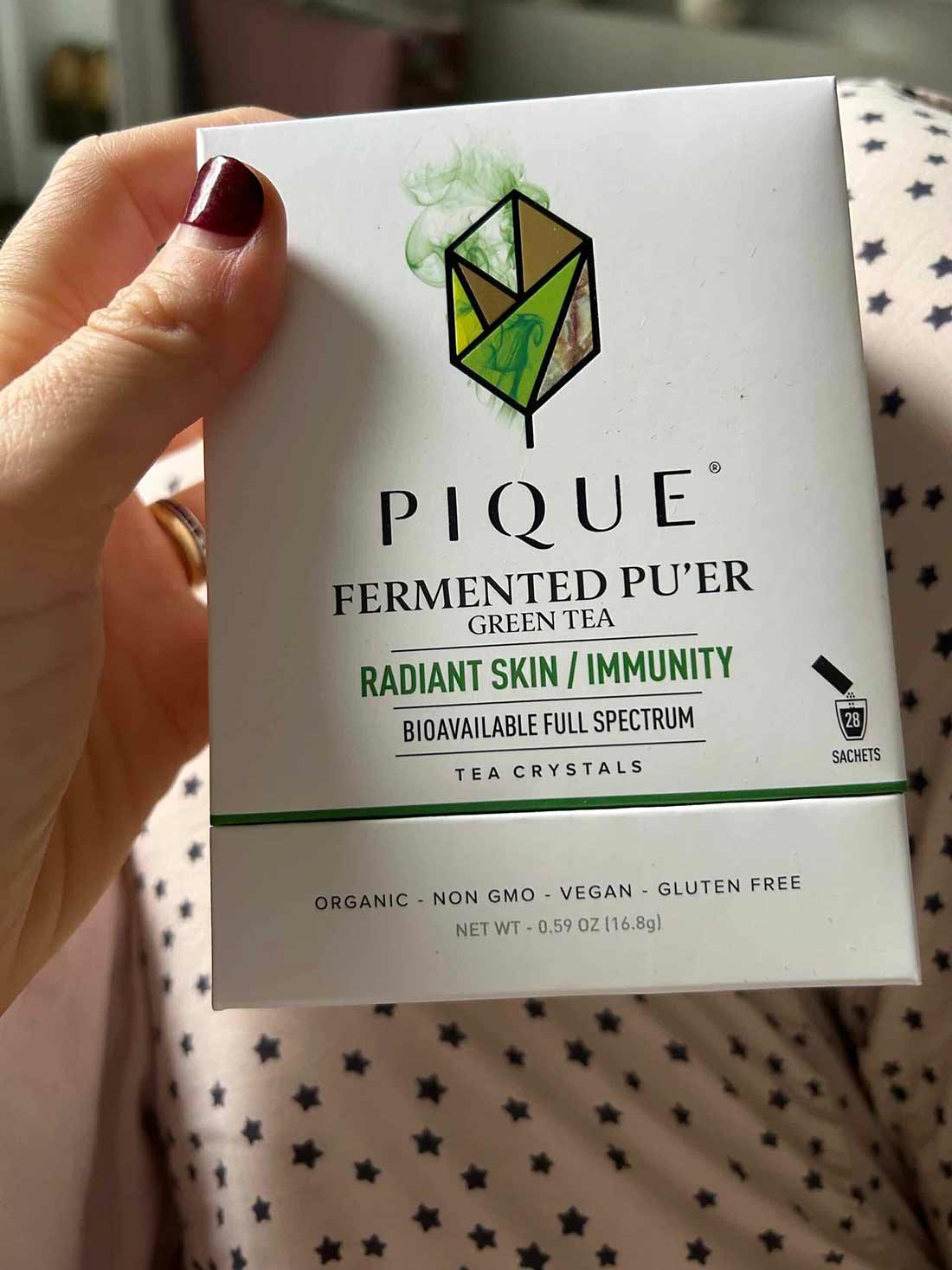
How to Avoid Toxins in Tea
Tea has many health benefits. Drinking tea may reduce your risk of cancer and heart disease, due to tea’s high antioxidant content. (Related post: 8 Super Foods We Eat Every Day.)
More of a coffee drinker? Check out our blog on toxins in your coffee and how to detox your morning brew.
If you’re a tea-drinker like I am, I recommend either drinking Pique (which is screened for toxins), or buying organic loose leaf teas/teas in non-bleached paper bags, and brewing in stainless steel or glass.
Best Ceramic Tea Pot
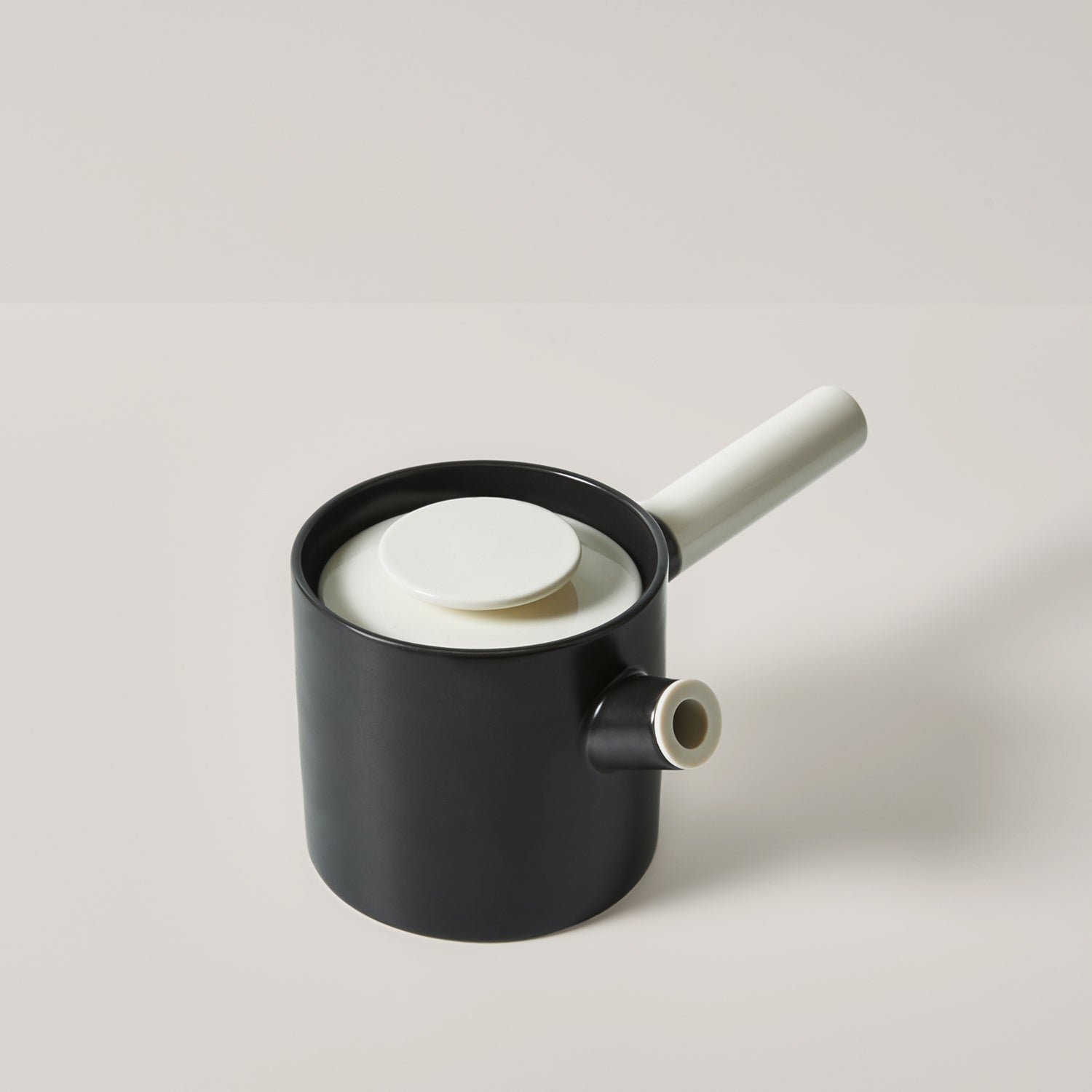
Firebelly Tea Small Ceramic Teapot
A small ceramic teapot that’s big on style. Note the ergonomic handle, the sexy little drip-proof spout, and the micro-perforated stainless-steel filter.
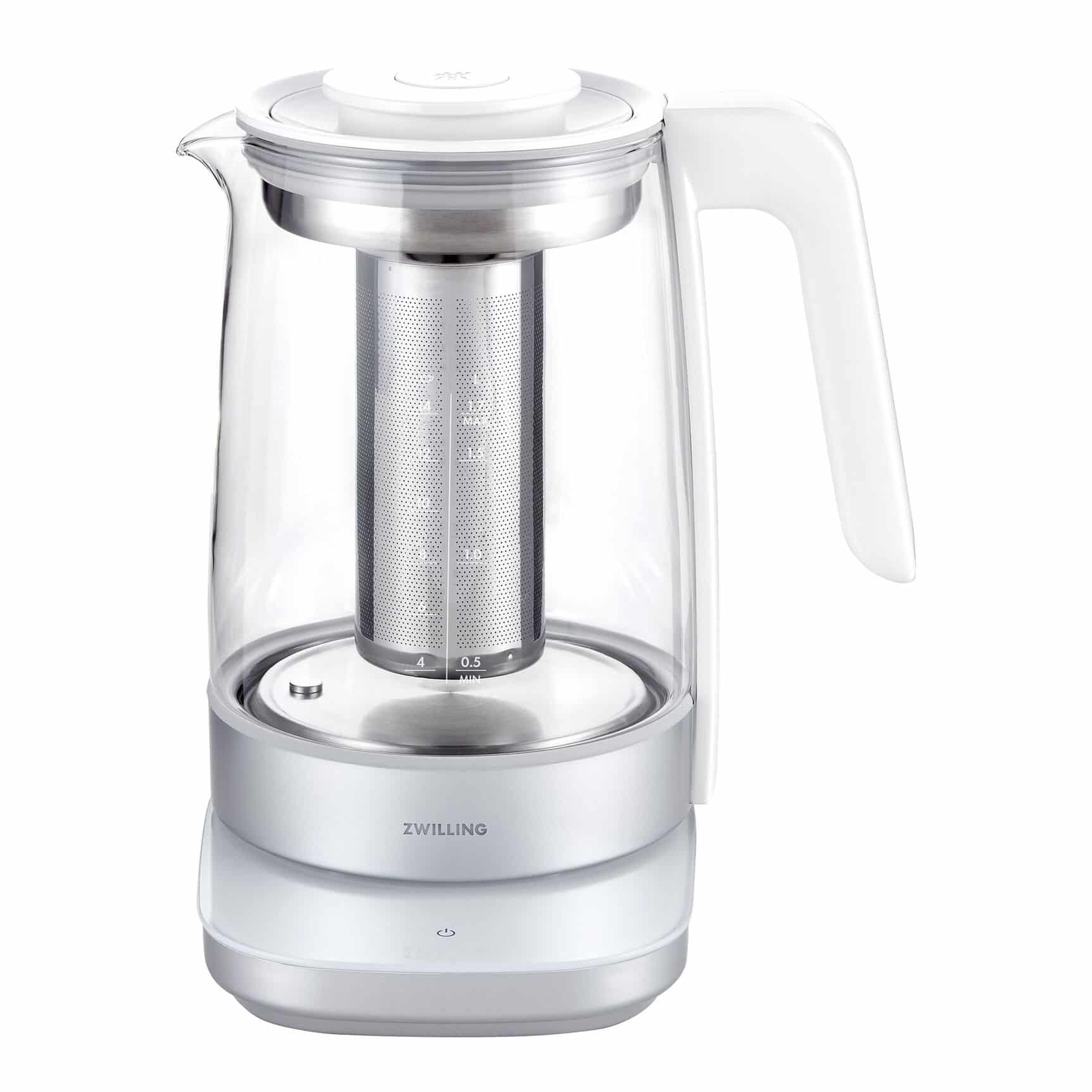
This Zwilling glass electric kettle is how I brew my tea every morning. Daylon gave it to me for Christmas and it’s maybe my favorite possession because:
-It’s made of durable borosilicate glass with a generous capacity–I drink a lot of tea so I need a big old vessel like this one.
-It has precise temperature control. I have gotten pickier about the temp I use to brew my tea.
-It features a stainless steel steeper to prepare tea directly within the kettle. Currently, I am using the loose jasmine pearls from this brand.
11 Safe & Healthful Tea Brands
If you’re worried about toxins in tea, you should know about these 11 clean brands.
- Art of Tea is one of my favorite loose teas. Their pomegranate green is especially delicious.
- Gaia also makes safe tea, as there are no plastics used in their tea bags. Only chlorine-free bleached paper pulps are used for the production of the filter paper, and cotton yarn is used to secure the tab. Because Gaia only makes herbal, caffeine-free teas, I don’t drink them often.
- Firebelly Tea is our newest brand of good stuff tea and matcha supplies. All organic and delicious! They also make beautiful tea supplies.
- Numi Organic Tea is also toxin-free, as it comes in compostable hemp tea bags that are oxygen-bleached. I like their jasmine green tea.
- Choice Organic Teas come in 100% unbleached abaca fibers and are free of plastics. They are sealed with either a staple or cotton string. As far as flavor, I’d say Choice is just okay.
- Traditional Medicinals teas are also stored in toxin-free, compostable bags made from hemp and wood pulp. They are whitened using oxygen and peroxide and sealed with staples and cotton string. These are teas that are more medicinal than daily drinks. I often take their Throat Coat variety when I have a virus.
- Five Mountains makes delicious teas with international organic certifications, biodiverse and sustainable growing methods, and compostable packaging. Their Bergamot Black blend is especially delicious.
- Golden Moon Tea is another healthful, organic and delicious brand of loose leaf tea. I want to try all of their green blends.
- Davidson’s Organic Tea is another nice loose leaf tea option. I don’t have information about their bags yet!
- Earth Mama teas are in 100% USDA Certified Organic–including the paper tea bags, which are not processed with chlorine, dioxins, and/or epichlorohydrin, and have been analyzed and approved by Food Chain for Non-GMO Project Verified status.
- Pique tea is one of my favorite teas. The convenience is unrivaled–you just empty the packets into hot or cold water. Pique cold-extracts their teas to preserve the maximum polynutrients and you can truly taste the difference. The tea is also screened for a range of toxins and pesticides. Use code GIMME5 for 5% off your first order at Pique.
- The Republic of Tea delivers an unequaled selection of the highest-quality teas. Their jasmine pearls are the stuff of dreams and perhaps my top tea in existence.
Our Favorite Brand of Organic Teas & Matchas
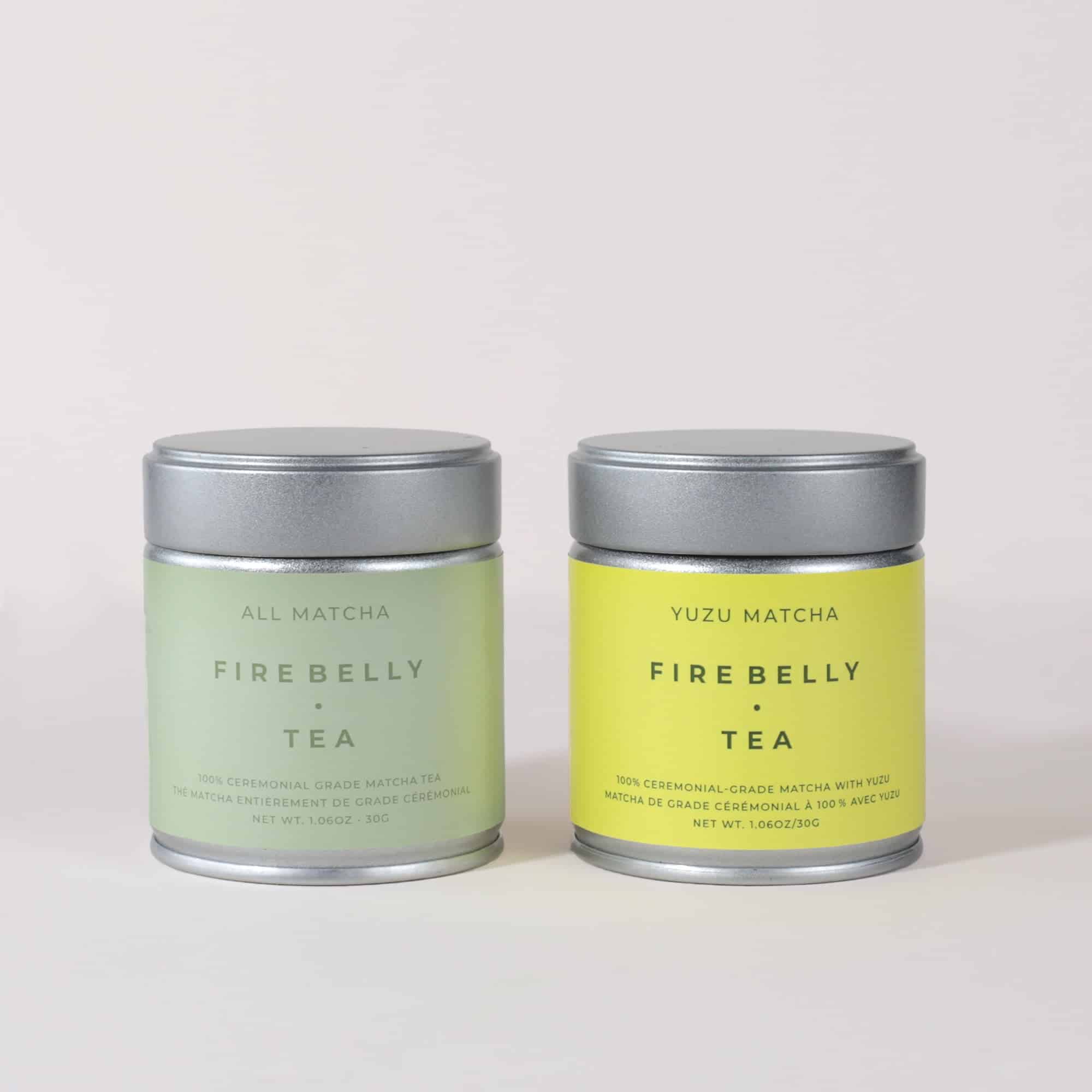
Teas & Matchas
A collection of organic and non-toxic tea and matcha blends.
Are Tea Bags Bad For You?
Sip Safely: Avoid Toxins in Tea Cups
We all have that favorite tea mug, and this one is mine. If you want to avoid toxins in tea, you’ll want to also avoid putting it into plastic to-go cups. These six are available in our store.
-
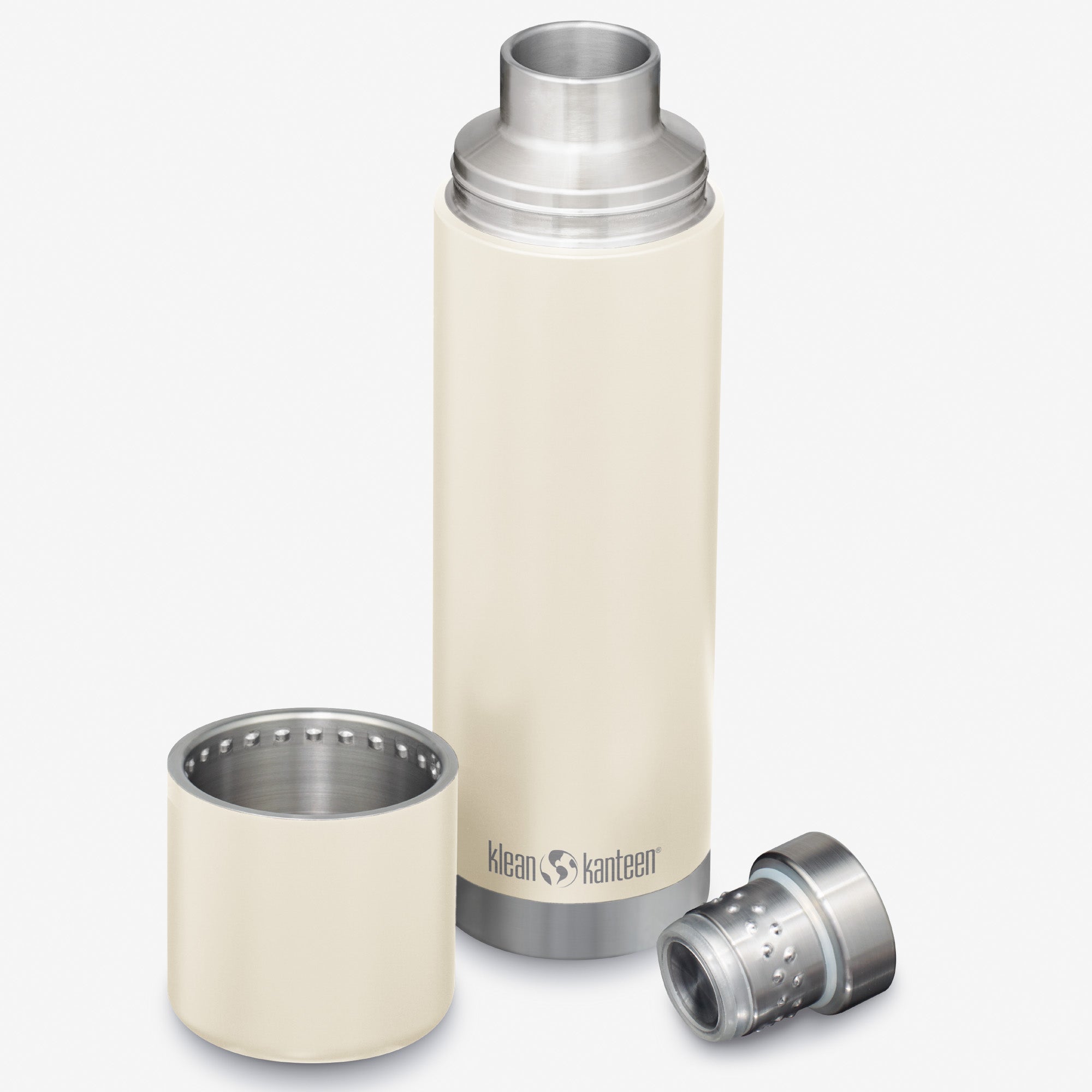
-
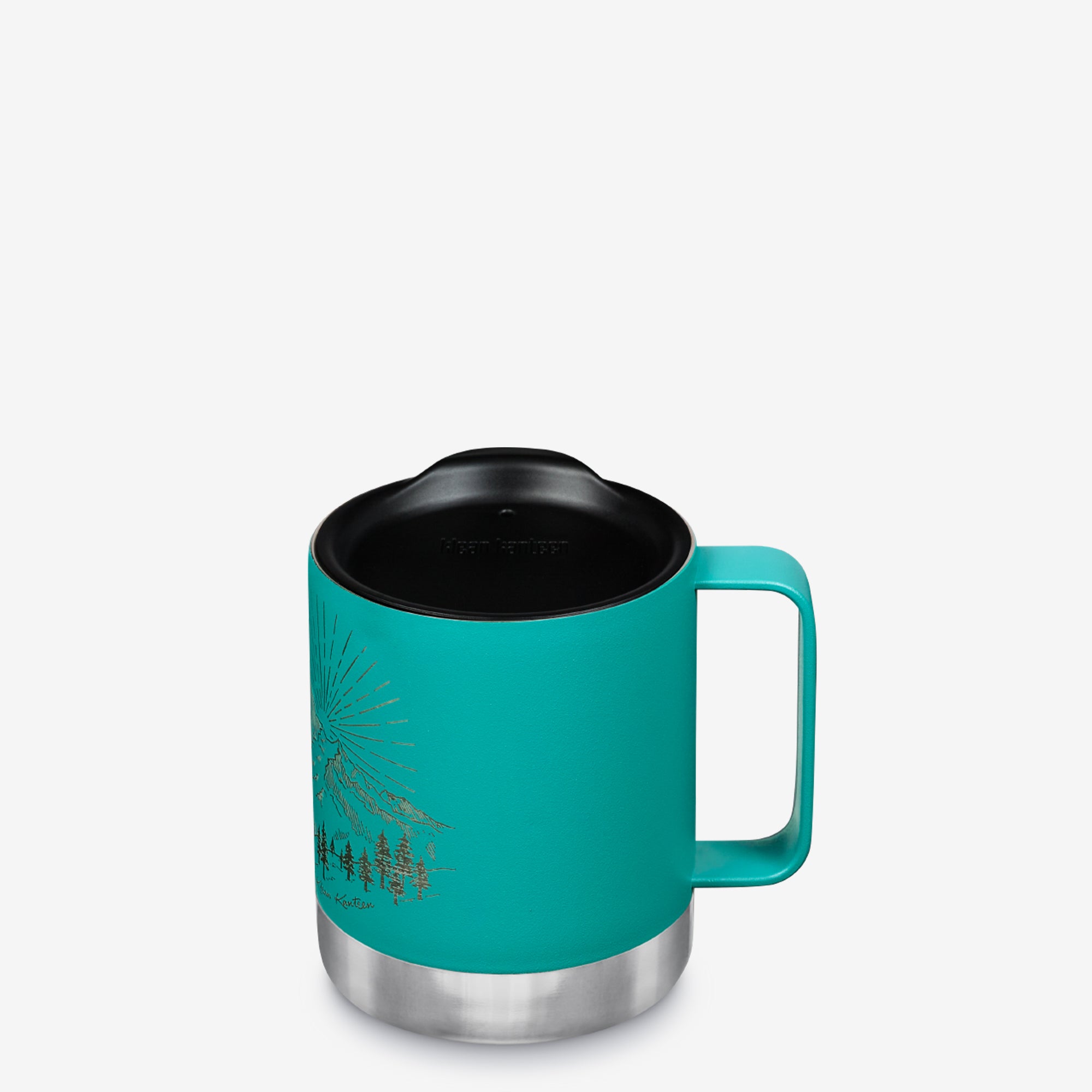 Klean Kanteen 12 oz Camp Mug$20.96 – $29.95
Klean Kanteen 12 oz Camp Mug$20.96 – $29.95 -
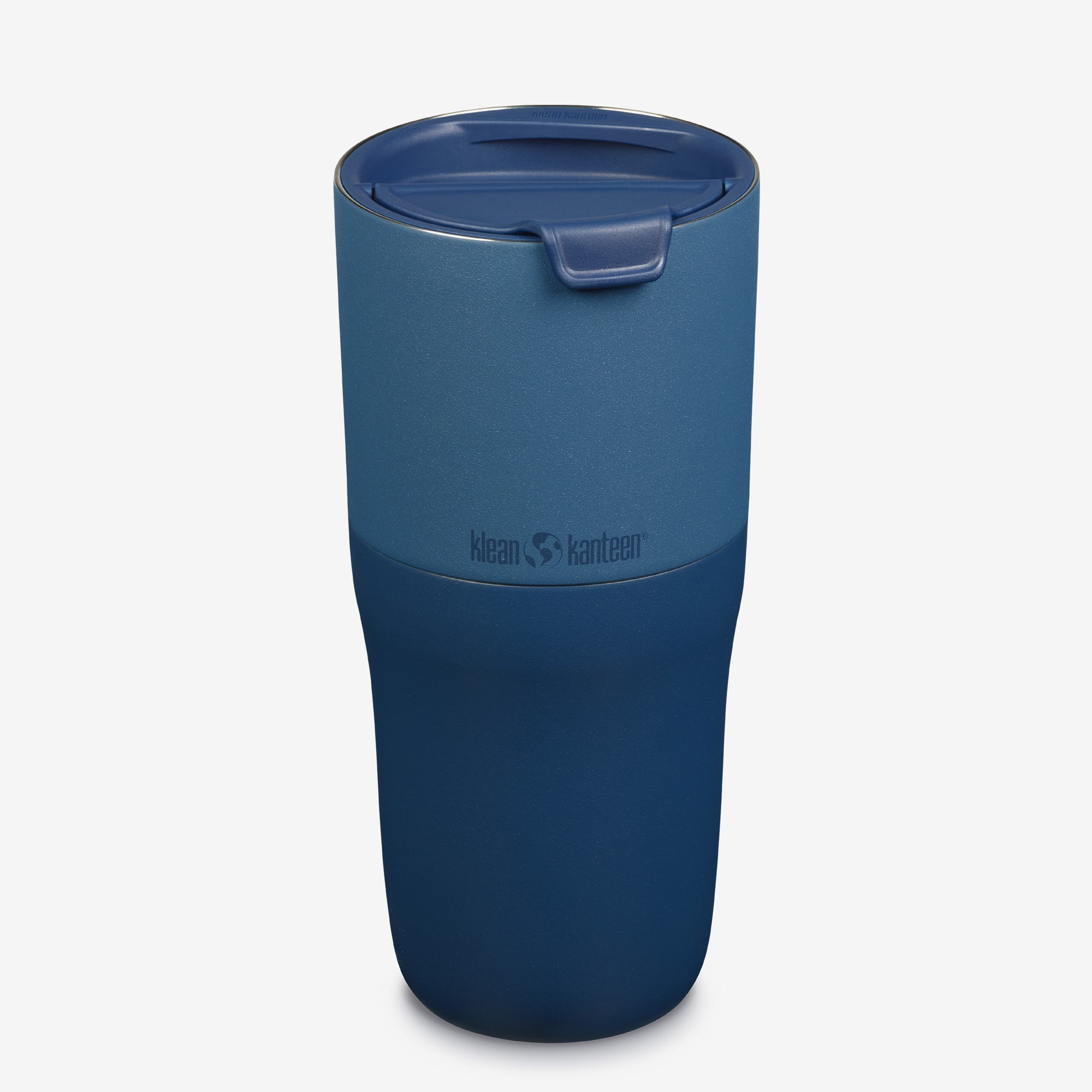
-
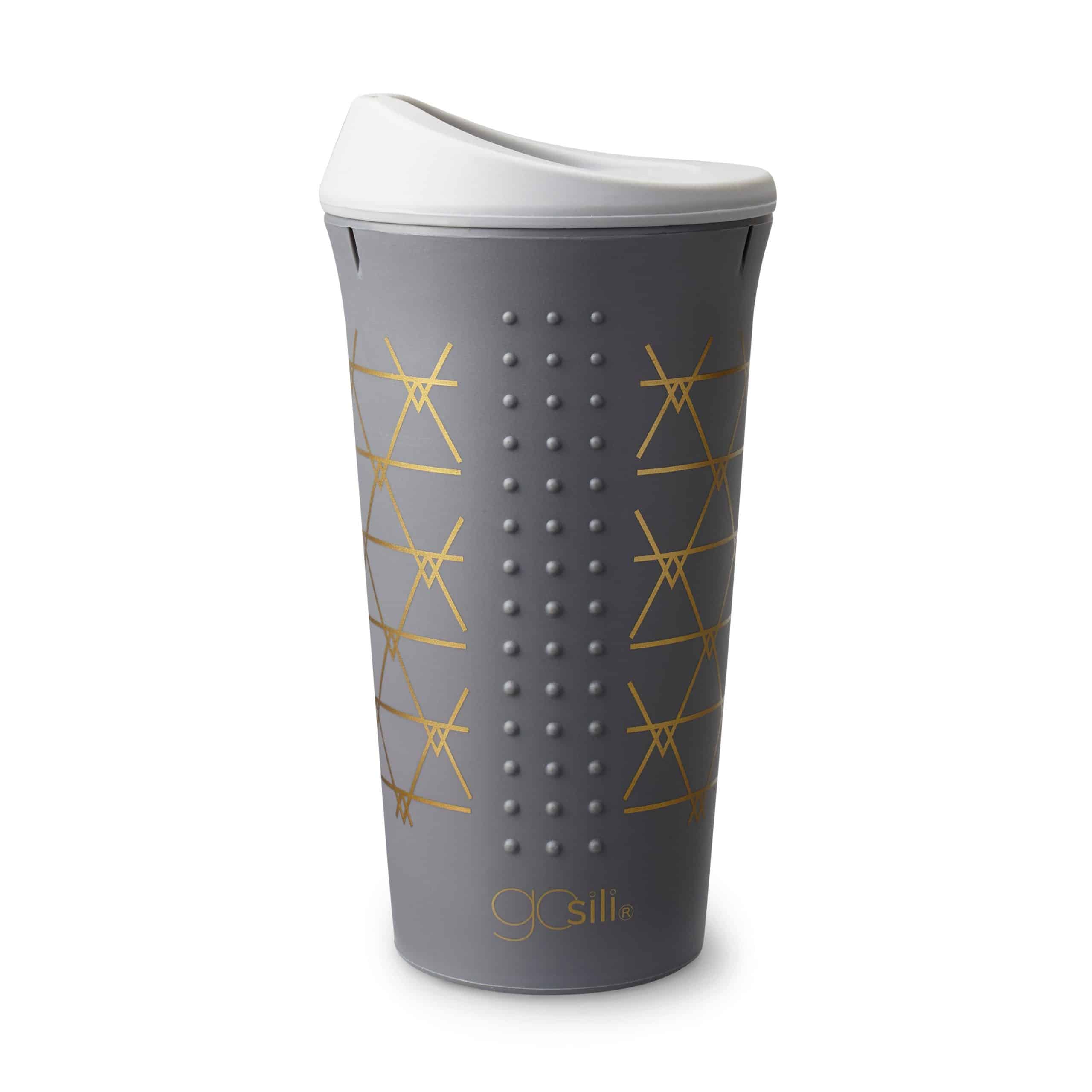 Product on saleGoSili Silicone Travel Mugs$12.99
Product on saleGoSili Silicone Travel Mugs$12.99
Are you a tea drinker like me? If so, what is your favorite brand or flavor? I want to know!
Stay sane,


Maia, Founder & CEO
P.S. When I visualize my happy place, it is probably here (from 2019): in bed, in France, with fancy french tea and a real live newspaper.
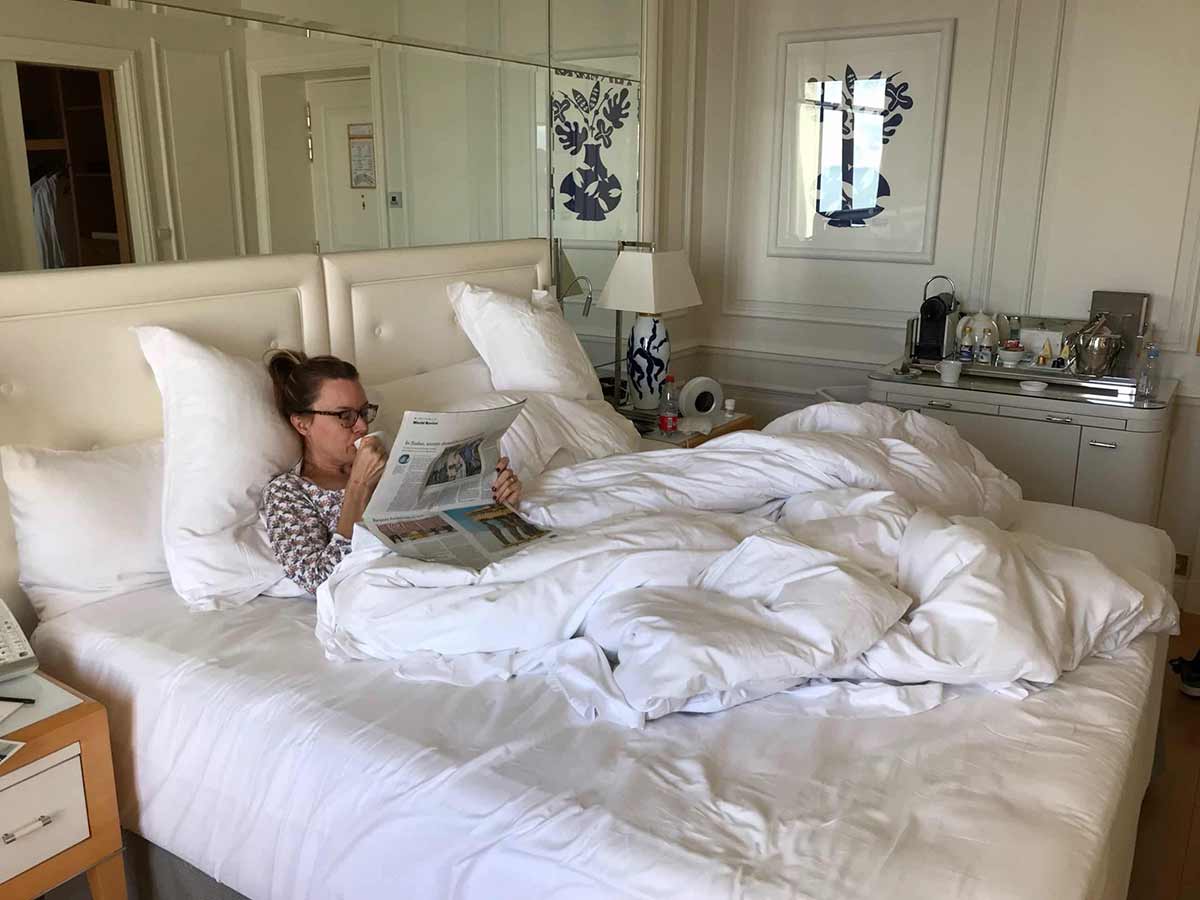
Note: This article contains affiliate links or sponsored content, which means that if you make a purchase, we may earn a commission. We only recommend products that meet our strict standards for non-toxicity and that we use (or want to use!) ourselves. Thank you so much for supporting the brands that make Good Stuff!
Enjoying this guide?
Join 60K families who rely on our free guides on everything from milk to mattresses! Sign up to get $5 off your first order, access to our ultimate Clean Products Cheat Sheet, and ongoing exclusive access to coupon codes and promotions. Our weekly newsletter is filled with well researched tips and tricks to live a toxin-free lifestyle.
Related Posts
Start Here: 5 Crucial Steps to Decrease Toxins in Your Home
Healthy Store Bought Oat Milk Guide 2024
What Is the Best Non-Toxic Cutting Board?
The Healthiest Organic Wine Brands We’ve Found
19 responses to “How To Avoid Drinking Toxic Tea”
-
You are using the word “toxin.” Does that include heavy metals and fluoride, which can be very high in tea? Do any of these companies openly offer COAs?
-
Also, how does stainless compare as an option?
-
Wondering if removing the tea from the tea bag before steeping will help any?? Also, love the glass cup but it appears the silcone/rubber? stopper would be in contact with your warm liquid. Isn’t that a hazard? TIA
-
If I remove the tea from bag before steeping will that help
-
-
Maia, is decaf tea processed in the same way as decaf coffee? Are there safe decaf tea options?
-
Unfortunately this barely scratches the surface & doesn’t address mycotoxin.
-
how about Planet organic Australian Brand
-
Do you have any recommendations on electric tea pots? Glass, stainless, ceramic… what is the best material to look for? Do you have any recommended brands?
-
Hi Mia
I was reading your post about organic tea bags and was wondering if you knew if Yogi tea bags we’re okay? -
Hello, What are your thoughts on Yogi organic and trader joes teas?
Any other new brands that you have come across recently that are the safest?
Thank you!
Mona -
what is best to use to infuse the loose leaf tea?
-
Do you know anything about Yogi tea?
-
Hi! Donyou know if David’s tea is a safe choice? Thanks!
-
I’m curious to hear your thoughts on Rishi tea sachets? That is our favorite brand of tea and according to their website, they seem to be safe.
“We here at Rishi feel this is an important question and are proud to report Rishi tea bags are made from a plant-based material called polylactic acid (or PLA for short). PLA is an inert, DNA and GMO free material that is produced by breaking down starches found in plant sources. Through this process, no plant DNA is left behind, making these hypoallergenic and allergen free. PLA is NOT derived from petroleum, it is not a plastic and will not leak harmful plasticizers into your brew. “
-
Curious about Yogi organic and trader Joe’s teas….?
-
So disappointed to see that even my favourite organic, cornstarch-derived bags are considered a type of plastic. But glad I know now.
Thanks again, Maia!-
Look out for those who use organic farmed but the processor processes chemically.
-
-
Thanks Maia!! I’ve been looking for a great article like this one. Do you have any idea about Whole Foods Organic paper tea bags? I can’t seem to find any info on whether or not they contain epichlorohydrin. Thanks again!
-
I haven’t heard back yet on those!
-

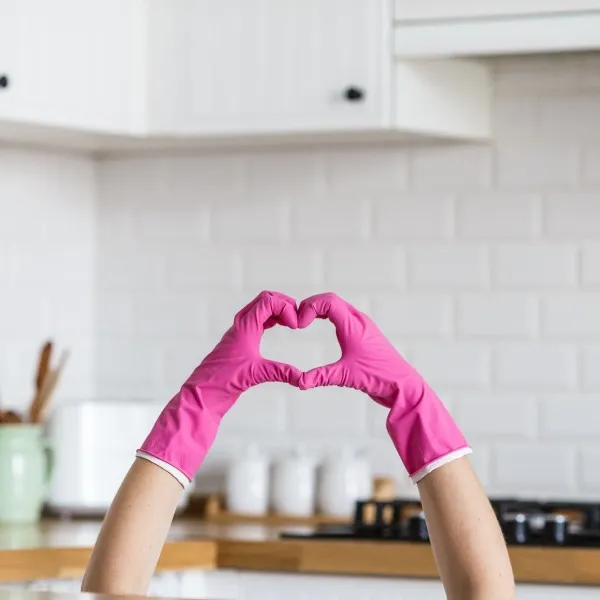
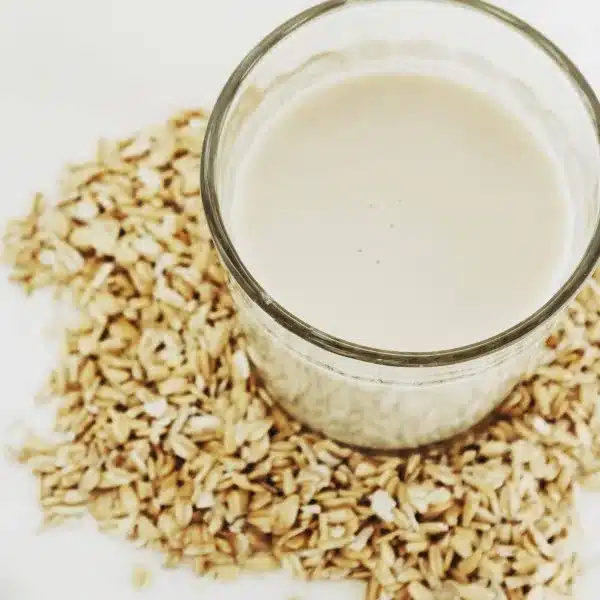


Leave a Reply
You must be logged in to post a comment.